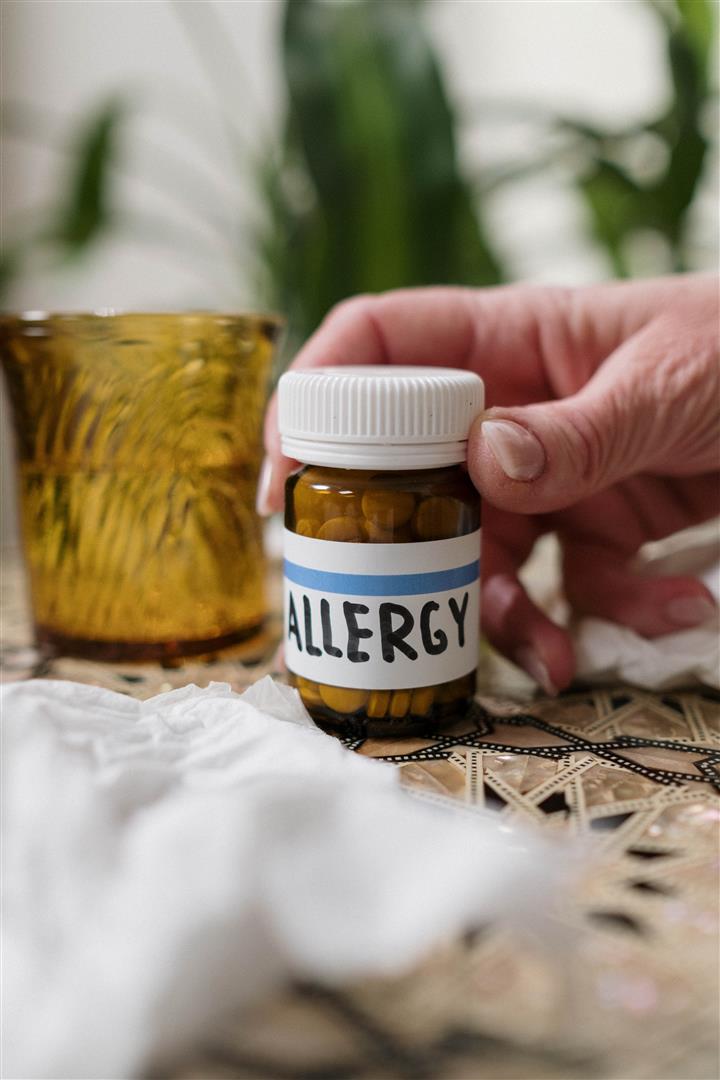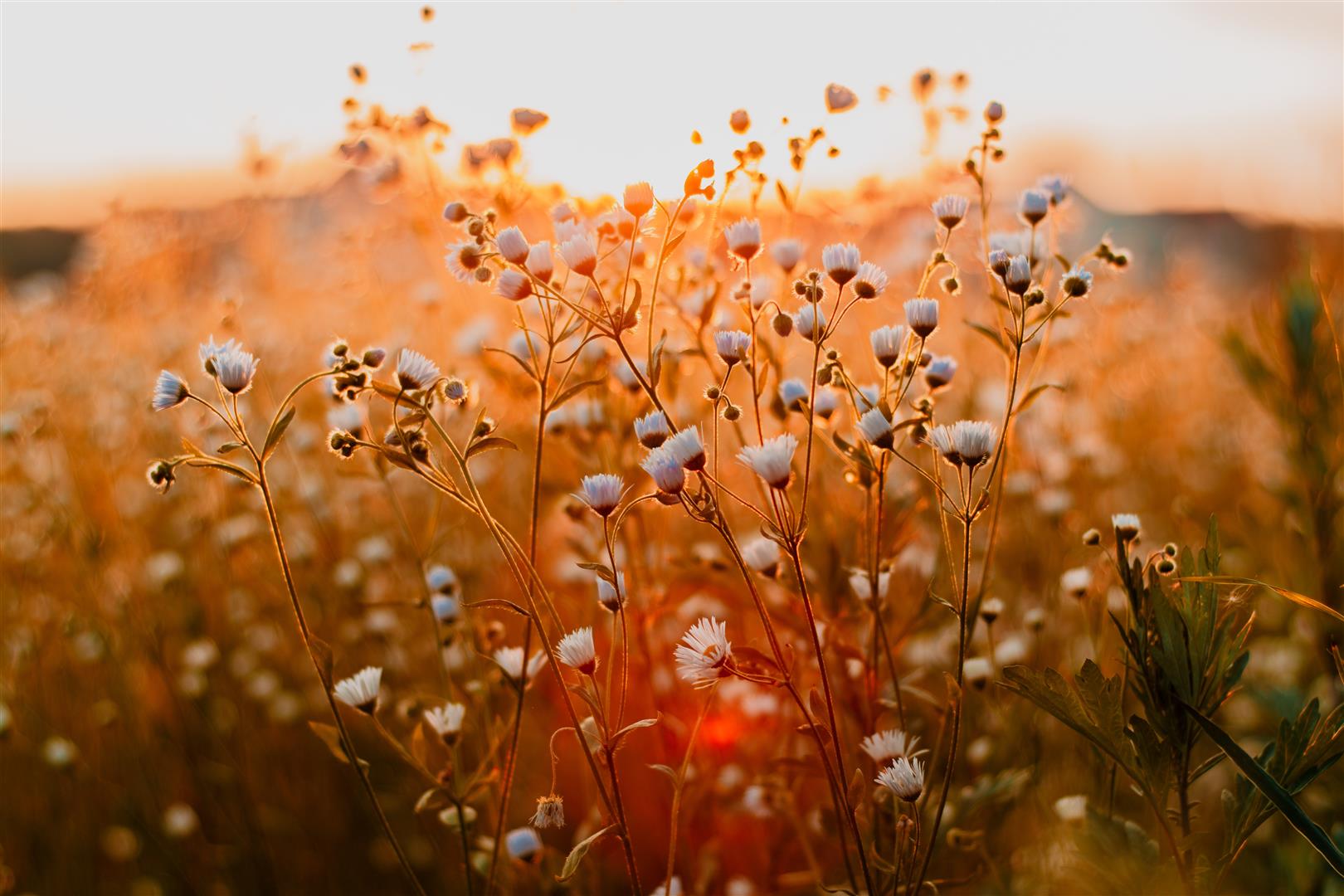GEORGE NEWS - Every year with the arrival of spring there is a spike in allergies. Some people are severely affected and it impacts their quality of life. Acute allergies can inhibit one's ability to complete daily tasks and lead to avoiding social interactions. It can also be fatal.
Dr Corli Lodder, local allergy and asthma expert, explains that an allergy is an immune response where the body produces antibodies against an allergen, as if it is something dangerous that needs to be fought.
During spring and early summer, there is an increase in allergic rhinitis (AR) and sometimes also asthma symptoms, because the tree and grass pollen count is at its highest in this season. In South Africa, pollen allergy is one of the main causes of AR and asthma.
The pollen is absorbed by the mucous membranes of the nose and lungs and this elicits an immune response.
"The sudden change in weather from warm to cold and rain or thunderstorms can also be a contributing factor in patients who have uncontrolled asthma and AR," says Lodder.
 Photo: Pexels
Photo: Pexels
More allergies
Just as allergens cause AR and asthma as a result of their effect on the airways, there are allergens that affect the skin and cause eczema and uticaria (a raised, itchy rash on the skin), food allergens that can cause symptoms in the intestinal tract, and insect toxins that cause skin reactions or difficulty breathing, such as with bees.
Some food and insect toxin allergens and chemical substances can cause an extreme systemic reaction (anaphylaxis), which can be fatal.
 Photo: Pexels
Photo: Pexels
Family tendencies
People in whose families there is a tendency for allergies, are more prone to an immune response. Environmental factors can also contribute to a person's immune response manifesting through an allergy.
"This does not happen with the first exposure, but over time," says Lodder. "Usually, with a pollen allergy, it will happen after two or three seasons of exposure."
The cases most commonly presenting to her clinic are people with dust mite allergies. Dust mite and fungi allergies are more common along coastal areas due to raised humidity.
A lot of her patients with AR and asthma have symptoms throughout the year because of fungi and dust mite, but their symptoms worsen at this time of year because they are also allergic to pollen. "Patients with skin and insect toxin allergies, as well as allergies for cats, dogs and horses, also present to the clinic."
Outgrowing an allergy
Lodder says in small children with food allergies such as for egg or milk, she finds that tolerance develops and the allergy is outgrown. However, adults with seafood and nut allergies will not outgrow it. "Allergies in response to things that we breathe in, such as dust mite and pollen, are also not outgrown.
"We can, though, manage these conditions with medication, like we do with chronic illnesses. We can also do desensitising such as in the case of grass and cat allergies."
 Dr Corli Lodder, expert on allergies.
Dr Corli Lodder, expert on allergies.
Dr Lodder's tips for managing your allergy
- During spring/summer: regularly use salt or seawater sprays to hydrate and rinse the nose of pollen.
- Use chronic, anti-inflammatory treatment nose sprays and asthma pumps daily as prescribed by the doctor.
- On windy days, close the windows and try to avoid prolonged outdoor activities.
- Keep an eye on the pollen counts on the South African "Real Pollen Count" website. Since September, there is also a pollen counter for George.
- Antihistamines that are not sedative are very useful for those who are currently symptomatic.
- Watch the weather report for sudden changes, especially asthma patients, and adjust medication in accordance with your treatment plan.
According to the 'The Real Pollen Count', not all pollen is allergenic (causing allergies). They say:
- Big bright flowers like those from jacaranda or acacia trees, which are large, sticky and insect pollinated are NOT allergenic.
- Windborne pollens are mostly allergenic. They usually come from small, insignificant plants like grasses. Grasses release millions of windborne pollen grains in spring.
- The most allergenic pollen in South Africa comes from plants that are not indigenous, but have been introduced; for example trees like plane and oak from the Northern Hemisphere are extremely allergenic.
- Fynbos is rarely allergenic. Most fynbos plants have pollen that is pollinated by insects, birds or small mammals like mice or bats.
The pollen is not easily airborne and is not windblown like grass and so is not as easily inhaled.
 Photo: Pexels
Photo: Pexels
‘We bring you the latest Garden Route, Hessequa, Karoo news’
















